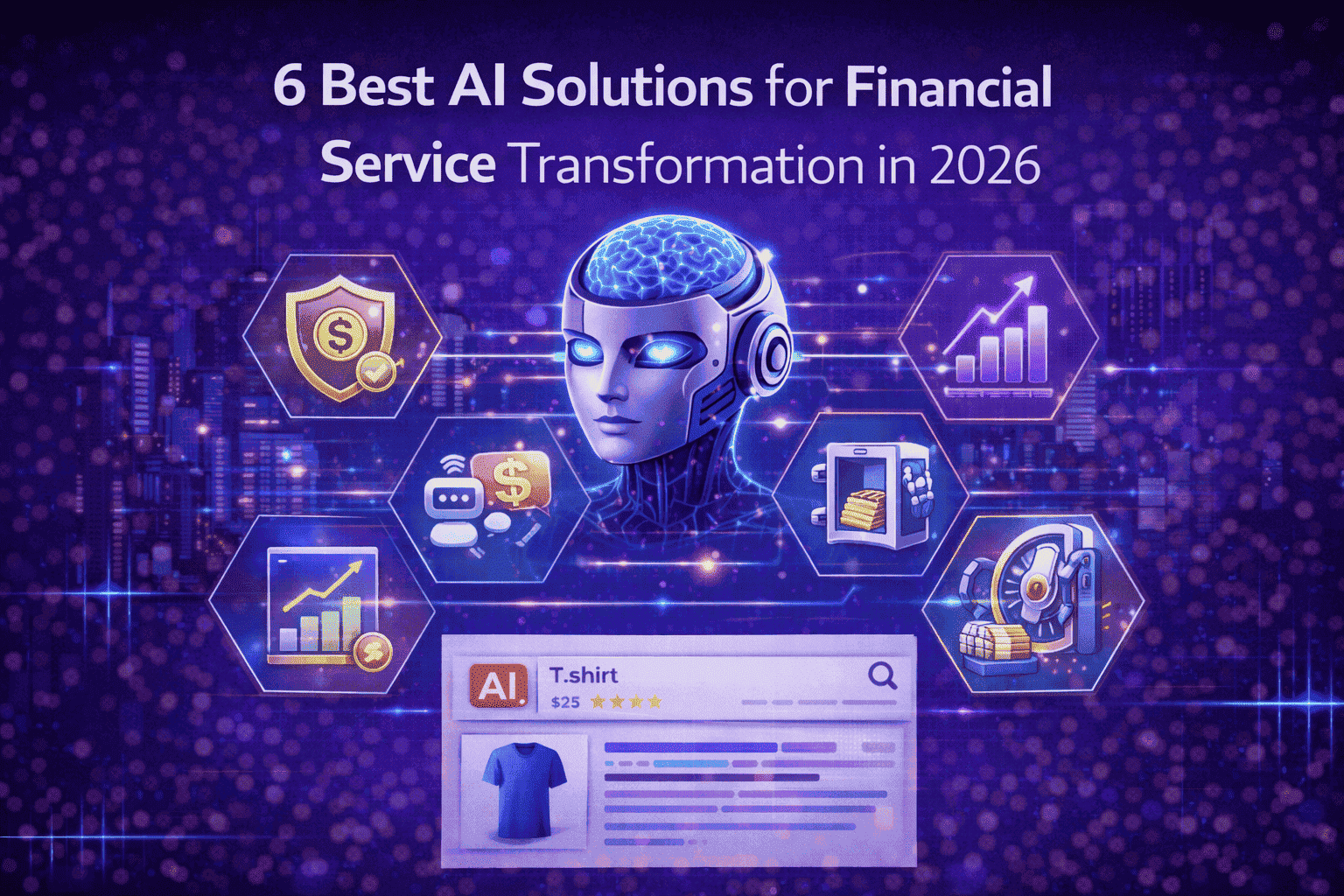How to Use AI Tools to Make Money?
In recent years, artificial intelligence (AI) has revolutionized various industries, including finance, marketing, and customer service. AI tools offer businesses and individuals the opportunity to streamline processes, gain insights, and ultimately make money. Whether you're a business owner, entrepreneur, or freelancer, harnessing the power of AI can provide you with a competitive edge and help you generate income. In this article, we will explore how to effectively use AI tools to make money.
Understanding AI Tools
Before diving into the details, it's essential to understand what AI tools are. AI tools are software applications or platforms that leverage machine learning algorithms and advanced analytics to perform specific tasks autonomously. These tools can analyze vast amounts of data, identify patterns, make predictions, automate processes, and even simulate human intelligence. By utilizing AI tools, individuals and businesses can enhance decision-making, improve efficiency, and achieve better outcomes.
Identifying Opportunities
To effectively use AI tools to make money, you must identify the right opportunities. Start by analyzing your field or industry to determine areas where AI can make a significant impact. For example, if you're in the marketing industry, you might explore AI-powered tools for social media analytics, automated content generation, or personalized advertising. If you're in finance, you could look into AI tools for algorithmic trading, fraud detection, or risk analysis. By understanding the potential applications of AI in your domain, you can narrow down the tools that are most relevant to your goals.
Researching AI Tools
Once you've identified the potential areas for AI implementation, it's time to research and select the appropriate tools. There are numerous AI tools available in the market, each with its own strengths and features. Conduct thorough research to compare different tools, considering factors such as functionality, ease of use, pricing, and customer reviews. Look for tools that align with your specific requirements and budget. It's also helpful to explore case studies and success stories of businesses or individuals who have utilized AI tools in similar contexts to gain insights and inspiration.
Acquiring and Implementing AI Tools
After researching and selecting the AI tools that suit your needs, the next step is to acquire and implement them effectively. Depending on the tool, you may need to sign up for a subscription, purchase a license, or integrate the tool into your existing systems. Some AI tools are available as cloud-based platforms, while others require local installations. Ensure that you have the necessary infrastructure and technical expertise to deploy and operate the chosen AI tools smoothly.
Training and Data Preparation
To maximize the effectiveness of AI tools, it's crucial to provide them with high-quality data and appropriate training. AI tools often rely on machine learning algorithms, which learn from historical data to make predictions or automate tasks. Prepare your data by cleaning, organizing, and labeling it appropriately. If the AI tool requires training, allocate sufficient time and resources to train it on your data. The accuracy and performance of the tool will largely depend on the quality and relevance of the data it is trained on.
Leveraging AI Tools for Decision-Making
Once your AI tools are up and running, you can begin leveraging them for decision-making and generating income. Depending on the nature of the tool, you may use it to automate repetitive tasks, analyze data for insights, optimize processes, or generate predictions. For example, an AI-powered chatbot can handle customer inquiries and support, freeing up your time to focus on other revenue-generating activities. An AI-driven data analytics tool can uncover hidden trends and patterns, enabling you to make data-driven decisions that boost profitability.
Monitoring and Continuous Improvement
Using AI tools for making money is an ongoing process that requires continuous monitoring and improvement. Regularly assess the performance and accuracy of your AI tools and make adjustments as necessary. Monitor the impact of AI implementation on your revenue, customer satisfaction, and overall business performance. As you gather more data, refine your models and update your AI tools to enhance their capabilities and generate better results.
Conclusion
Incorporating AI tools into your business or personal endeavors can be a game-changer when it comes to making money. By identifying the right opportunities, researching suitable AI tools, acquiring and implementing them effectively, and leveraging their capabilities for decision-making, you can unlock new revenue streams, improve efficiency, and gain a competitive edge. However, it's important to approach AI implementation strategically, invest in data preparation and training, and continuously monitor and improve the performance of your AI tools. With the right approach and mindset, AI tools can be powerful allies in your quest to make money.




